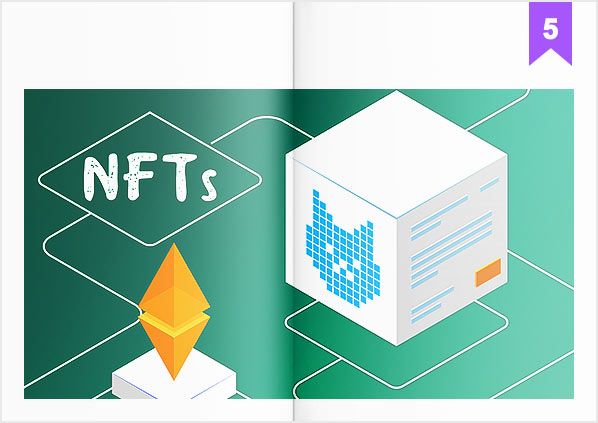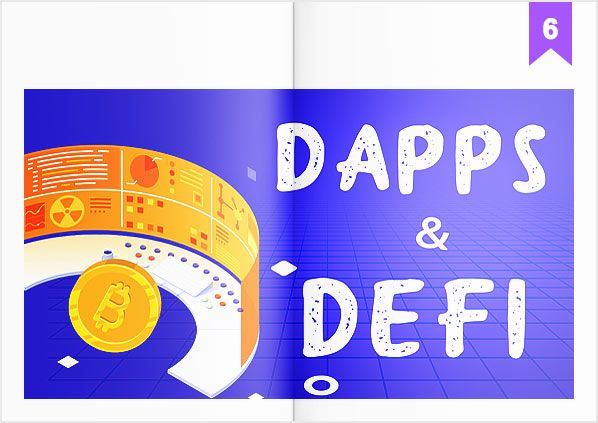miners./n
There is always an ongoing competition between miners. Each miner is trying to be the one that validates and adds the block to the blockchain. However, this is where the candidate block comes into play. Miners are required to generate a candidate block in order to be a partaker in the competition.</p>\n<p>So, there are a few steps as to <strong>how to create</strong> a candidate block. This includes gathering unconfirmed transactions from the <strong>memory pool</strong>, and then systemizing them. There are several transactions that need to be collected.</p>\n<p>After that, the miner hashes these transactions so that they become a <a href=https://www.bitdegree.org/"/crypto/learn/crypto-terms/what-is-merkle-tree/">Merkle tree</strong></a>. A Merkle tree is a method of organizing data, and this is done so that the structure of the Merkle tree would later issue a <strong>root hash</strong>. To specify, it’s a hash that can be considered as a representation of all hashes and transactions included in that Merkle tree.</p>\n<p>The process continues with the root hash and a nonce being included in the block’s header. Like everything else, miners hash the block header. Depending on root hash, nonce, and the blocks before hash - the block is created. It’s an output that was generated as an outcome of the process. In regards to a candidate block, it will work as a one-of-a-kind <strong>identifier</strong>.</p>\n<p>Now, it’s important that the block is considered to be valid. In order to achieve this, the block hash is required to begin with a particular number of zeros. So, the process of mining goes through several trials and even faces errors. This is because the mining nodes have to go through several attempts of different hashing functions. Also, with multiple nonce values. This goes on until <strong>the valid block hash</strong> is finally created.</p>\n<p>This is a <a href=https://www.bitdegree.org/"/crypto/learn/crypto-terms/what-is-proof-of-work-pow/">Proof-of-Work model. Meaning that in order to prove that the miner completed his mining process - the block hash is created.</p>\n<p>To verify the validity of the hash - the candidate block of the valid block’s hash will be transmitted throughout other nodes of the network.</p>\n<p>The process ends with the candidate block being <strong>added to the blockchain</strong>. But this only works if there are no errors in the previous process. </p>","level":"medium","meta_title":"What is Candidate Block? Definition & Meaning | Crypto Wiki","meta_description":"Candidate Block meaning: Candidate Block - a block that a miner is required to mine as a method of gaining rewards.","meta_keywords":null,"language":"en","created_at":"2022-05-18T07:00:44.000000Z","updated_at":"2022-06-07T11:49:23.000000Z","preview_url":"https://www.bitdegree.org/crypto/learn/crypto-terms/what-is-candidate-block"},"prevSection":{"id":972,"original_id":null,"author_id":43,"translator_id":null,"title":"What is Confirmation Time?","slug":"what-is-confirmation-time","section":"C","keyword":"Confirmation Time","status":"published","definition":"the amount of time passed from the second a transaction is sent to the second it’s recorded in the blockchain network.","content":"<p><strong>Confirmation</strong> <strong>time</strong> is the <strong>amount of time it takes for a transaction to be sent to the blockchain and confirmed</strong>. </p>\n<p>The process has a few steps. A <a href=https://www.bitdegree.org/"/crypto/learn/crypto-terms/what-is-miner/">miner includes a transaction to a <a href=https://www.bitdegree.org/"/crypto/learn/crypto-terms/what-is-block/">block while the other network <a href=https://www.bitdegree.org/"/crypto/learn/crypto-terms/what-is-node/">nodes validate the block. This means that the block has one <a href=https://www.bitdegree.org/"/crypto/learn/crypto-terms/what-is-confirmation/">confirmation. However, having only one confirmation is not the most optimal option. The general rule of thumb is to <strong>wait for a few more confirmations to guarantee that the transaction is secure</strong>. Every new block added on top will be considered another confirmation.</p>\n<p>Depending on the blockchain network, the number of confirmations is different. <a href=https://www.bitdegree.org/"/crypto/learn/crypto-terms/what-is-bitcoin/">Bitcoin recommends 6 confirmations for successful transactions. On the other hand, <a href=https://www.bitdegree.org/"https://www.bitdegree.org/crypto/buy-ethereum-eth/">Ethereum requires at least 7 confirmations, however, participants usually wait for a higher number than that to ensure the transaction is irreversible. </p>\n<p>Some blockchains offer to <strong>speed up the confirmation process</strong> for a higher <a href=https://www.bitdegree.org/"/crypto/learn/crypto-terms/what-is-transaction-fee/">transaction fee</strong></a>. This fee serves as an incentive for miners to do that specific transaction first. </p>\n<p>It’s possible to use confirmation time as a <strong>metric</strong> when calculating the average speed of a blockchain network. Although, it’s not as accurate due to fluctuations in demand and other individual circumstances. A better alternative to determine the speed of a blockchain network is through the average confirmation time in relation to the recent blocks and the current state.</p>","level":"easy","meta_title":"What is Confirmation Time? Definition & Meaning | Crypto Wiki","meta_description":"Confirmation Time meaning: Confirmation Time - the amount of time passed from the second a transaction is sent to the second it’s recorded in the blockchain network.","meta_keywords":null,"language":"en","created_at":"2022-05-18T06:14:12.000000Z","updated_at":"2022-06-07T11:49:23.000000Z","preview_url":"https://www.bitdegree.org/crypto/learn/crypto-terms/what-is-confirmation-time"},"currentChapter":"C","currentSection":"what-are-credentials","chapterTitle":"C","readingLevel":"easy"},"url":"/crypto/learn/crypto-terms/what-are-credentials","version":"cdd198d50cbe5c9c21c9329d7c096ffc"}" class="container-fluid d-flex crypto-book p-0"> Crypto Terms: Letter C
What are Credentials?
Credentials MEANING:
Credentials -
passwords, email addresses, usernames, and other personal information used for identification.
Let's find out Credentials meaning, definition in crypto,
what are Credentials,
and all other detailed facts.
Essentially credentials refer to personal information that is used to identify a person or an account. Such information includes passwords, usernames, qualifications, email addresses, and so on. However, credentials could also refer to the evidence of authority, status, rights, entitlement to privileges, etc.









